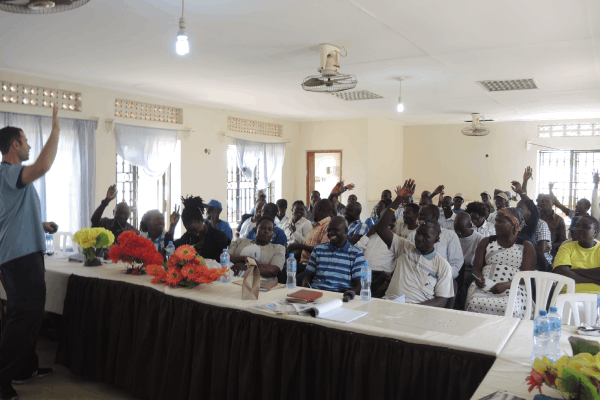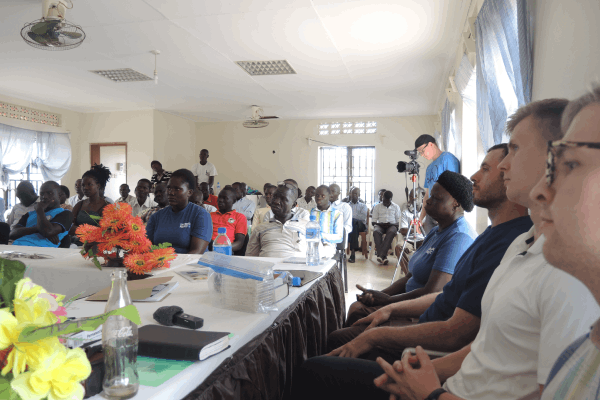Livelihood

In South Sudan and the Democratic Republic of Congo (DR Congo), education access remains alarmingly low, especially in rural and conflict-affected areas. In South Sudan, 70.9% of children do not attend school, and over 66.8% fail to complete seven years of basic education due to severe poverty and a lack of learning materials. In Uganda’s West Nile region, 34.56% of people are deprived in years of schooling, with 23.78% never having attended school. Similarly, 33.34% of people in Ituri, DR Congo live in poverty and face major obstacles to accessing education.
Despite ongoing poverty reduction efforts, 47% of Africa’s 1.25 billion people remain multi-dimensionally poor, with South Sudan experiencing a 92% poverty rate. At the same time, a significant portion of the population remains unreached by the gospel. Globally, 3.49 billion people, 43.3% have not heard the gospel. In South Sudan, 580,000 people are unreached, and 39.5% of the population has limited exposure to Christianity, often practicing folk religion. In DR Congo, although 91.43% identify as Christian, many still practice witchcraft due to a lack of discipleship and spiritual resources.

In response, we are working to expand access to education, vocational training, and spiritual development across underserved communities. This includes opening and equipping nursery and primary schools, increasing student enrollment and scholarship opportunities, and supporting youth through vocational training centers and micro-grants. We also establish Bible discovery groups and distribute discipleship materials to nurture spiritual growth.
These efforts aim to increase access to quality education, reduce school dropout rates, empower youth with skills, create jobs, and support community development. Spiritually, we seek to deepen understanding of the gospel, equip believers to disciple others, and expand access to biblical resources. Together, these initiatives bring hope and long-term transformation to children, families, and entire communities in South Sudan, Uganda, and DR Congo.